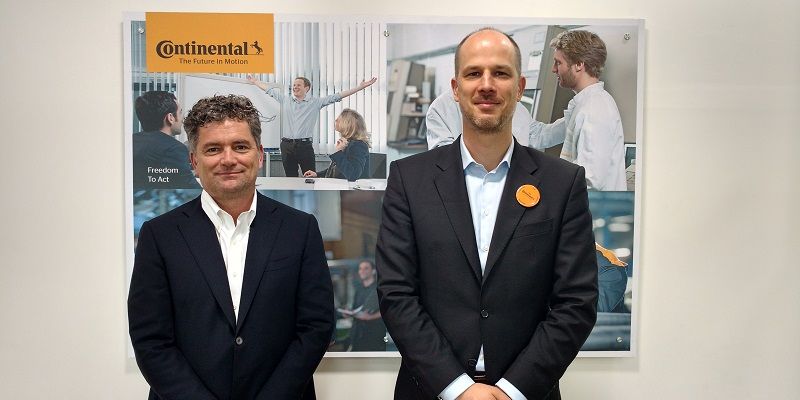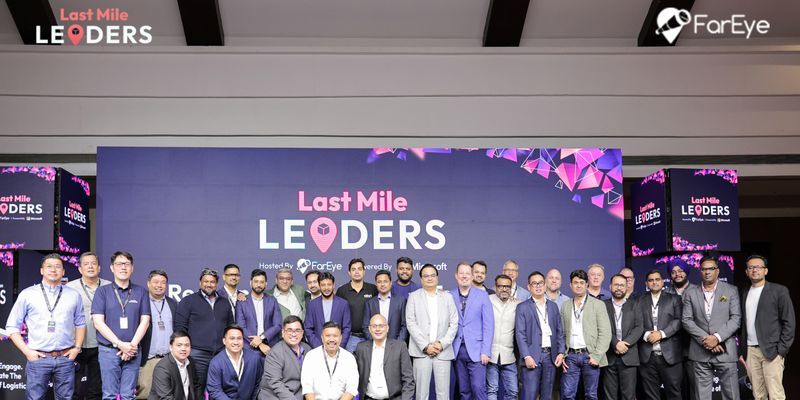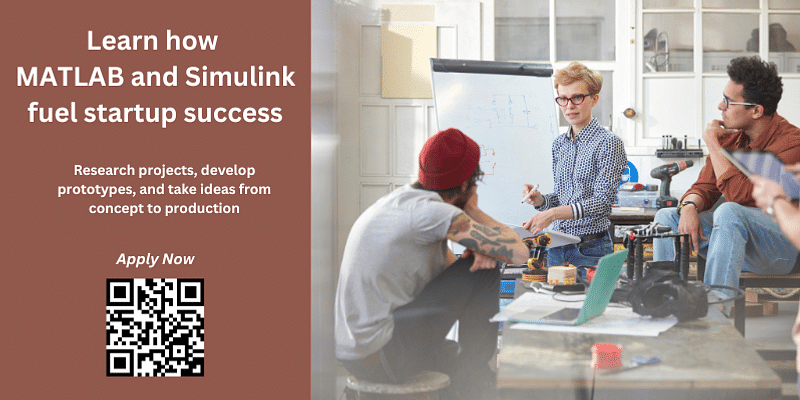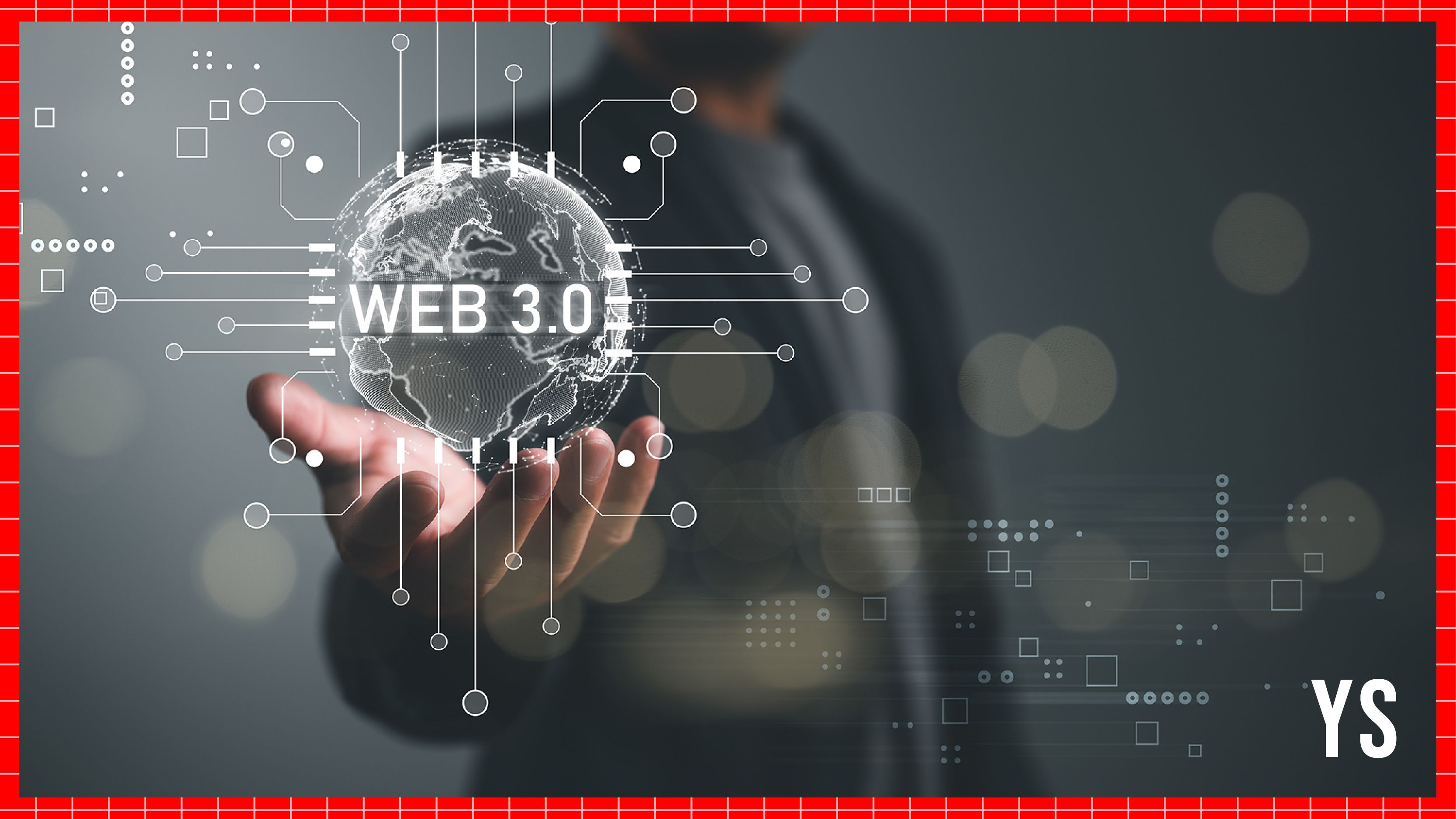Technology for disruption: How the connected world will drive Continental’s future
AI and Machine learning are soon finding their way into cars, as technology outpaces policy the biggest debates in the world is about what is the future of the automobile industry.
Alexander Klotz and Kurt Lehmann of Continental AG, a $55 billion automotive safety tech giant, are powerhouses when it comes to technology. Alexander heads Continental’s Technical Centre India and Kurt Lehmann is the Corporate Technology Officer for the group, globally.
The two leaders, in a chat with YourStory spoke about why software is eating into the business world and why the automobile industry is going to be shaken up in the future with new business models.
Here are edited excerpts of the interview.

YourStory: What are the new technology trends impacting the car industry and how should we be prepared for it?
Kurt Lehmann: We had some disruption with car sharing, globally, and everybody sees it. And it’s a forced change among larger OEMs, and I think it’s a good one. So the automotive industry is not the only one that is changing. What is true is that everyone has disrupted and motivated them to change. All this has happened because of the technologies that have enabled the sharing economy. This tech has enabled businesses to understand city planning, congestion and more. The second big thing is the electrification and reduction of emissions. Electrification has many positives, and that is well documented. For me, the biggest trend is connectivity, which is the number one infrastructure investment that is enabling the world.
The future is filled with ideas because of connectivity. Connectivity makes the car an EDGE computer where you can apply swarm intelligence. When you talk about a sharing economy there is an economy of sharing data and experience that could be a major step forward. Now amid all these changes, our vision is to enhance safety that is world-friendly, good for the environment and then let it be used in connectivity in a responsible way. Connectivity is really a major element that is opening up the world for the industry as a whole.
YS: It is changing business models and the world is co-creative, your thoughts on the same?
KL: If you look at the history of Continental, there have, traditionally been some large mergers and acquisitions. We have made acquired software-based businesses. We also work with smaller companies because they have a lot of ideas and Continental gives them global scale and we are able to appropriately nurture these ideas and bring them to the world.
AK: A lot has changed in the last four years. Just by looking at advanced driver assistance systems (ADAS) technology which was about safety systems, brake systems, the infotainment side and the connectivity, change is everywhere. There could be close to 30 million vehicles around the world that are connected to Continental devices. Today connectivity plays a role in all these devices - we have included cloud services, mobile devices and are looking at smart cities. We are well prepared to look at challenges from an end-to-end perspective. By this, I mean from the infrastructure side to the mobile device or anything that requires integration of the physical and digital world. Cybersecurity is an important element in the new world. So, we are able to drive the bigger technology architecture in the highly connected world. We can integrate connectivity outside the vehicle and also within the vehicle.
YS: Why are there are no standards in the connected world?
KL: It is a rather complex question and a regionally fractured one (with each country having its own stance on connected cars) with automobile OEMs. There are different verticals - retail, services or automotive - they have to address. In the end what comes out beneficial, with all that data and information, is to make products and services safer.
I don’t think there is any debate that there will be a standard soon or multiple standards talking to each other. Sooner or later, we will converge.
One must understand that there must also be a free and fair market regarding competition and that is still an undefined response among policy makers.
Data privacy is the key issue. The French president spoke about the European perspective on how they view personal data privacy. He also referenced data privacy in America, China and its differences about what the people expect about data. Data privacy and data protection are different in various countries. There are bigger players like Google and Apple that have so much data. That’s where this whole data privacy thing manifested itself or has grown uncontrollably. But then again, there is really nothing wrong with data sharing - companies and policy makers have to come together on this.
AK: The interesting aspect of data sharing is something like a streaming sort of service, music or whatever - you can have it from different sources but then what is the API that you provide, right?
So, at the end of the day, a vehicle needs to be sold in more than one location, and will this service be available across cities? You may have specific requirements that are different in Bengaluru and Delhi. And our task now is to provide solutions. We offer solutions on how the business can also integrate third-party data services or just excellent services, for example, into the infotainment.
Recently in Frankfurt, we hosted a hackathon. We invited engineers, students and they could integrate things with data. They basically could play around with different third party services and Google APIs and have it embedded on hardware for a service in Frankfurt.
What I am coming to, is that it's up to the market, to define "What's best for Bengaluru or what’s even better for Delhi?" because you have different local eco-systems as well.
It's not possible to do that on a global scale, right, it has to be local also.
YS: Is automated driving the future?
KL: We are developing safety systems for implementation. For the auto industry, the early tests are all about learning. We have our own knowledge of systems of how they would or could perform in automated circumstances. We believe automated driving is going to improve safety and will be adopted in developed markets soon.
And, yeah, there will be problems along the way but it already shows that it is far safer than a human driving the vehicle.
YS: How do you differentiate between AI and Machine Learning?
KL: There is AI, which is actually the whole scope of Machine Learning to me. It doesn't make any difference how I partition AI and Machine Learning. I use those terms depending on who I'm talking to. AI, ML and neural networks have some methodologies. There are so many different ways of looking at it. We have engaged with a lot of experts in the world regarding Artificial Intelligence. We just had a conference two weeks ago at Oxford University. I am dealing with their experts as well as trying to learn from what they are doing with different industries.
So, again, how do you define Artificial Intelligence as there are many facets at the end of the day? It’s about using computers that have power and algorithms that are being developed every day and to create new ideas to solve a problem.
It's great progress for us as engineers specifically because we are always looking at where the world can be and what we can think of doing next to improve our lives with technology. For, it all comes down to safety.
AK: The way we look at AI is certainly not limited to better driving or buying a model. From the Continental perspective it goes into all areas from software into manufacturing. It goes into the process needs, how we can support software development, and so on. We are taking this broad based approach and obviously, if we look at AI, then certain areas are just better for maybe research on deep neural networks. So, that is where the biggest scope of AI is, which is to understand the implementation of AI into mass production. When you talk of natural language processing it works differently for different markets and we must learn to use technology systems to work locally. Take for example, automated braking where AI can play a role. To create an AI model we have to understand the whole aspect of driving to understand the intention, driver mood, and movement. Then AI must understand several variables. What do I do then? How do I cope with incidents, and understand where to go? What is the vehicle doing? The whole aim of Continental is to make driving safe with connectivity and allied services. AI will definitely enhance user experience and I believe the world is going to learn to use these technologies.









![[Startup Bharat] Y Combinator-backed BeWell Digital is enabling the digital transformation of radiologists](https://images.yourstory.com/cs/2/40d66ae0f37111eb854989d40ab39087/ImagesFrames31-1648033042143.png)

